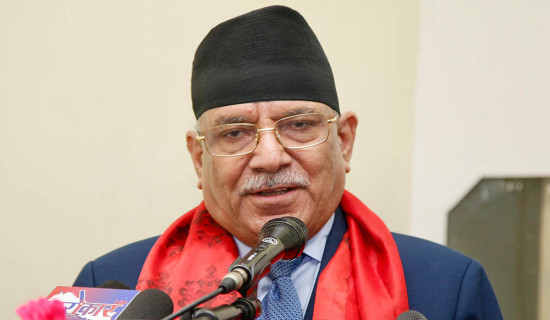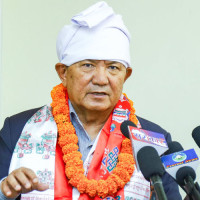- Thursday, 21 August 2025
Science Of Intuition
When was the last time you just knew something—without being able to explain why? Have you ever had a gut feeling that something wasn’t right, only to discover later that your instincts were spot-on? We’re often taught to distrust these feelings—calling them irrational, emotional, or “just anxiety.” But what if our gut instincts aren’t just soft whispers of worry? What if they’re actually biologically, neurologically, and spiritually aligned signals from within?
Intuition operates at the intersection of body, brain, and spirit—and learning to trust it may be one of the most powerful things we can do. Years ago, when my daughter was just two, I hired a babysitter who checked all the boxes. She was attentive and responsible, and she seemed to genuinely care for my child. And yet…something felt off. I couldn’t explain it. We barely communicated beyond work-related tasks, and being around her felt uncomfortable in ways I couldn’t put into words.
So, I let her go a month later—still unsure why. Weeks after, I began finding tiny sewing needles in unusual places: by the front door, in the corners of my bedroom. At first, I dismissed it. But then a friend from my culture pointed something out: in some traditions, placing sharp objects like needles in hidden spaces is part of magic rituals meant to harm or manipulate a household. Whether one believes in this or not, it shook me. My body knew something was wrong—before my mind could catch up.
This is what we call intuition. And science supports the idea that it’s not only real—it’s biologically intelligent. Intuition is often misunderstood as irrational guesswork. But in psychological terms, it's the brain's ability to make fast, unconscious judgments by recognising patterns and signals—many of which come from the body itself. This process is known as interoception—the brain’s capacity to perceive internal bodily states like heartbeat, muscle tension, and gut activity. These internal cues are constantly feeding information to the brain, shaping our perceptions, behaviours, and yes—our instincts.
In a phenomenological study of somatic psychotherapists, Jennifer Tantia found that many clinicians described their intuitive insights as “a felt sense”—an embodied signal that emerged not from logical reasoning, but from physical sensation. They often couldn’t explain how they knew something about a client—they just felt it in their bodies. This mirrors what many of us experience in everyday life: a stomachache before an important meeting, a wave of nausea around someone who seems “off,” or tension in the chest when making a rushed decision. These are not random symptoms—they're part of the body's intuitive language. Although science maps the mechanics of intuition, I believe its roots also reach deeper—into the self and the unconscious.
During my first pregnancy, for example, I was walking in the park with my ex-husband, feeling healthy and joyful. Out of nowhere, I said, “If I die, name her Aru. If it’s a boy, name him Zhan.” There was no discussion, no logic behind it. The names just arrived. From where? I can’t say. But I believe they came from a place beyond intellect—something that connects us to deeper wisdom. For some, intuition shows up as body signals. For others, it arrives as symbols, sounds, or spontaneous messages in stillness. The key is to listen. And to listen, we have to create space—which is where spiritual well-being comes in.
Spiritual well-being can be understood in two parts: one religious (rooted in faith), and one existential (rooted in meaning and purpose). Research shows that this existential side plays a critical role in how we handle emotional and physical challenges. A 2018 meta-analysis found that cancer patients with higher spiritual well-being—especially those with a strong sense of meaning—had better emotional outcomes and less despair. Those lacking meaning, on the other hand, were more prone to demoralisation and emotional suffering.
When we are calm and connected, our intuitive voice becomes louder. When we are fragmented or spiritually numb, it’s hard to hear anything beyond anxiety. In 2017, I was told by doctors that I had a life-threatening condition. Later, it turned out to be a mistake, but in that moment, I couldn't eat or sleep and felt ungrounded. That night, I came home, sat on the floor, and started to pray. I turned off all noise and searched for how to meditate. I began with 60 minutes a day. I didn’t know what I was doing, but something inside me said: go deeper. And then, literally—I saw a card on my desk that said exactly that: go deeper.
Since then, I’ve practiced meditation and breath of fire, a yogic technique involving rapid, rhythmic breathing. It’s helped me regulate my emotions, sharpen my mind, and develop a relationship with my intuition. The next time something feels off, don’t rush to dismiss it as irrational. Pause. Listen. Observe what your body is saying. Your intuition isn’t superstition. It’s a deep, silent intelligence woven through your nervous system, your subconscious mind, and yes—your spirit.
-Psychology Today
















